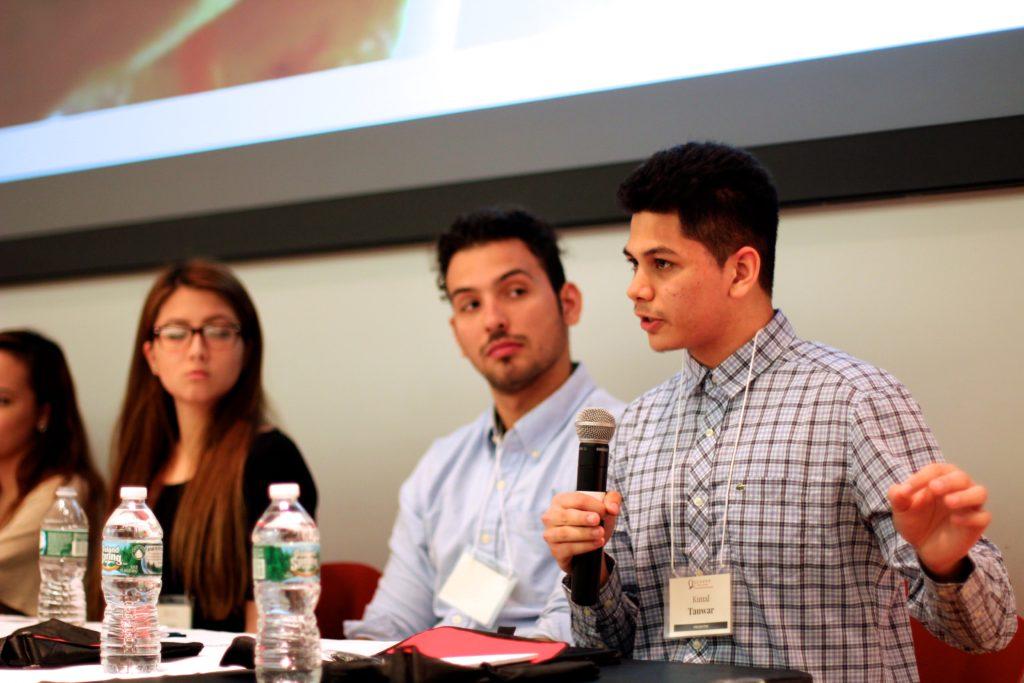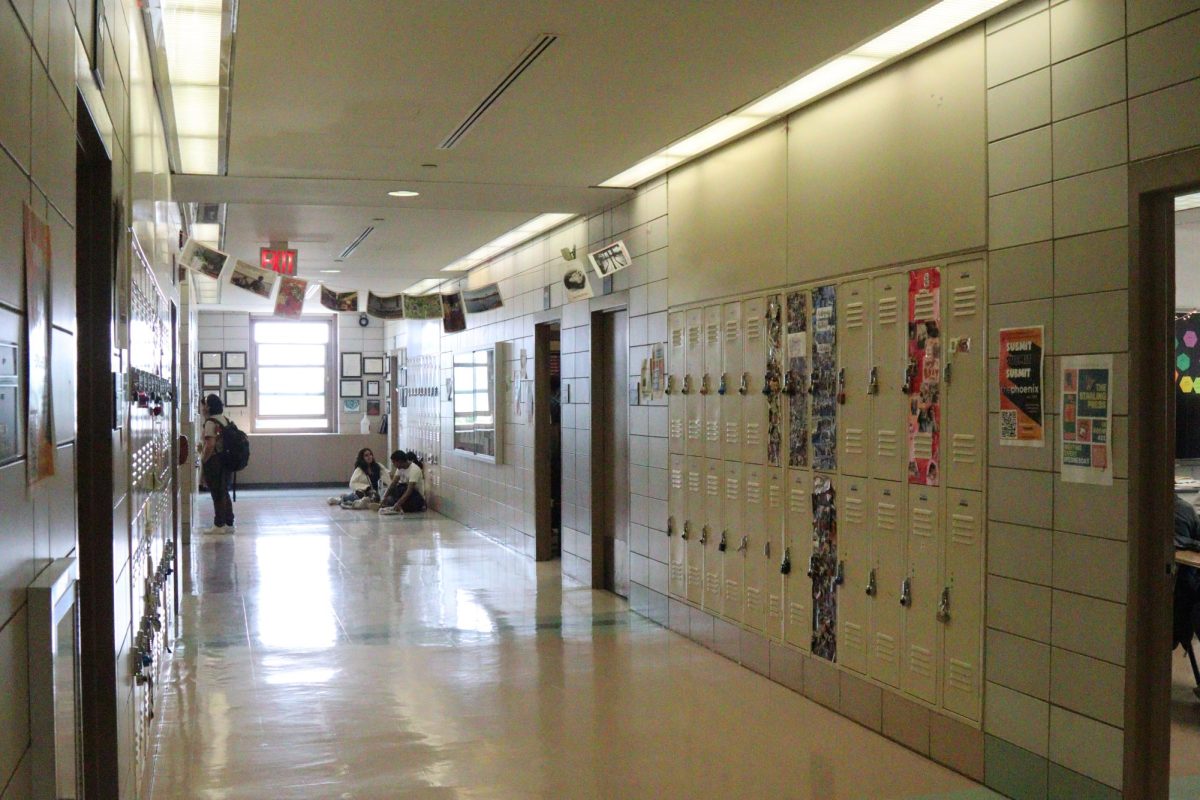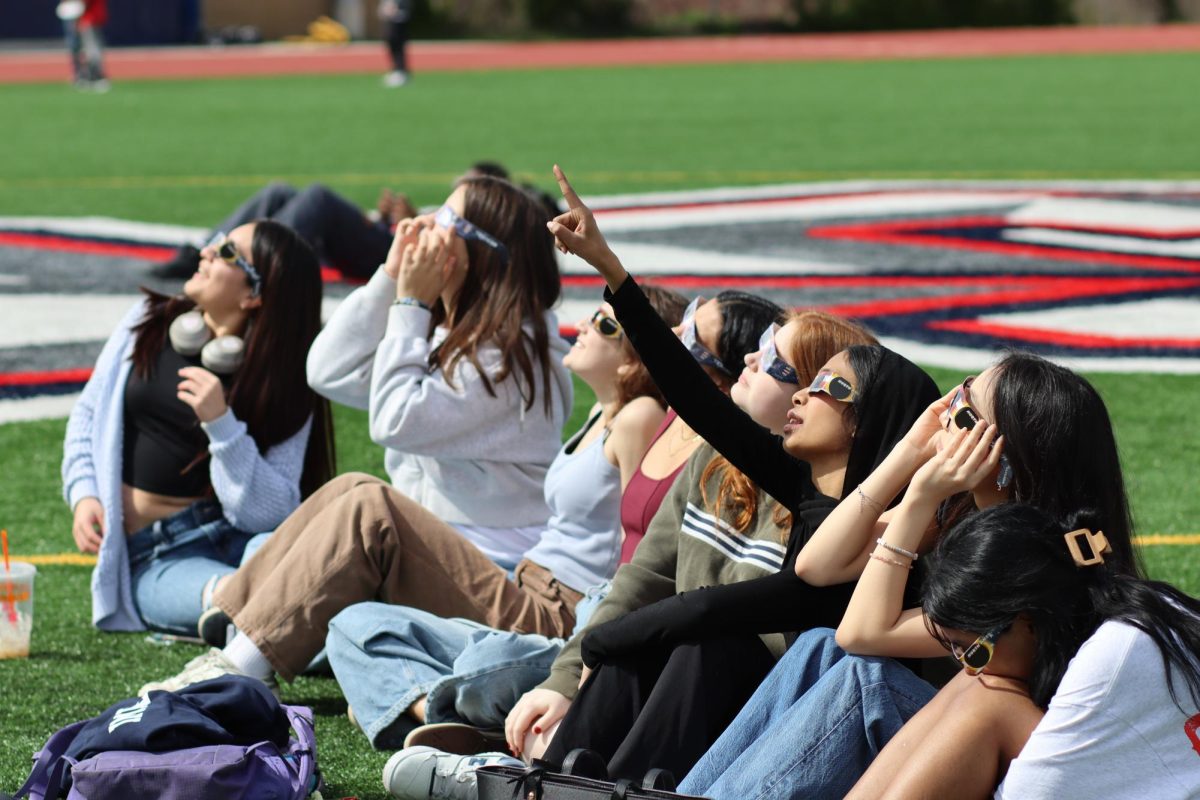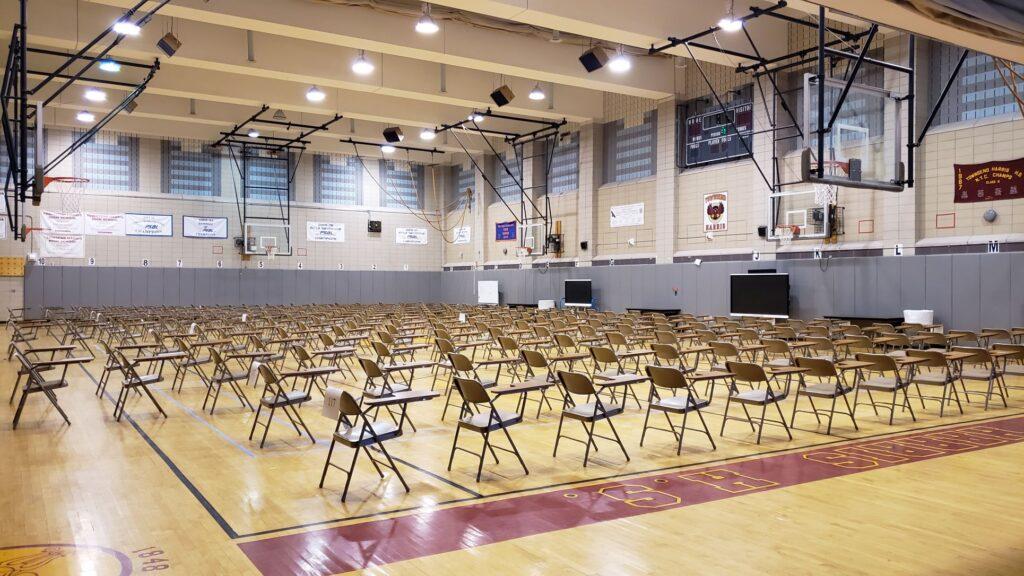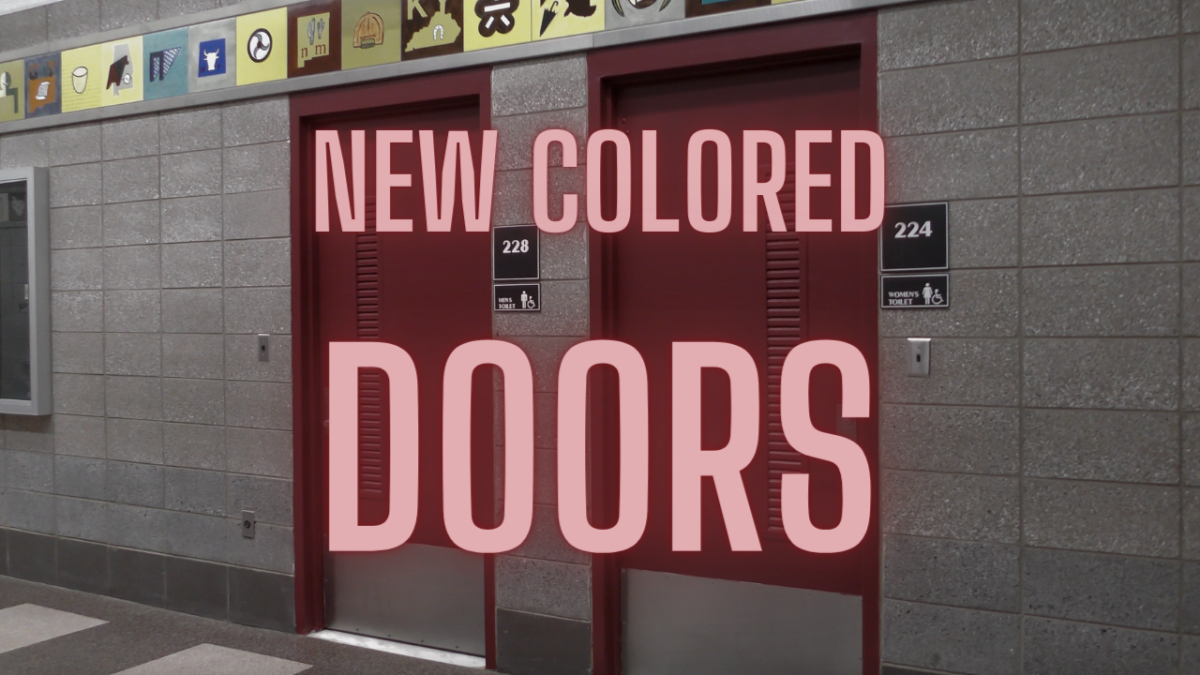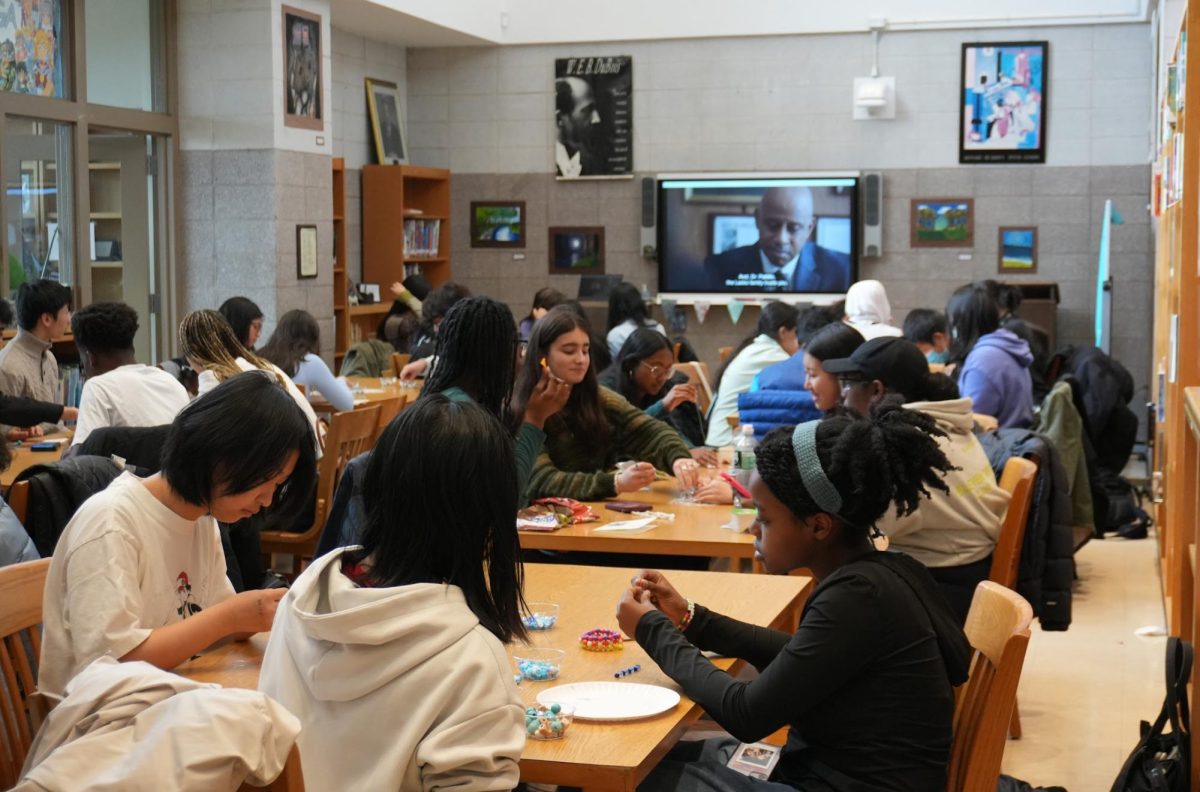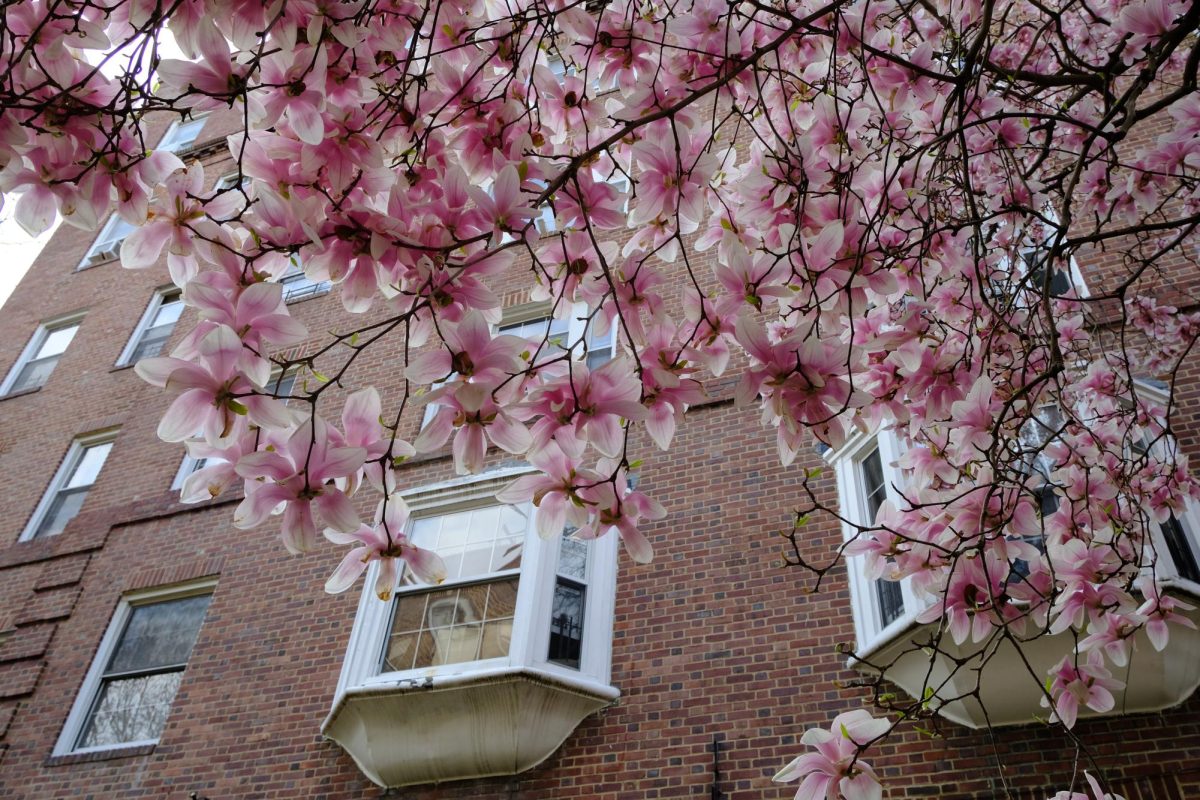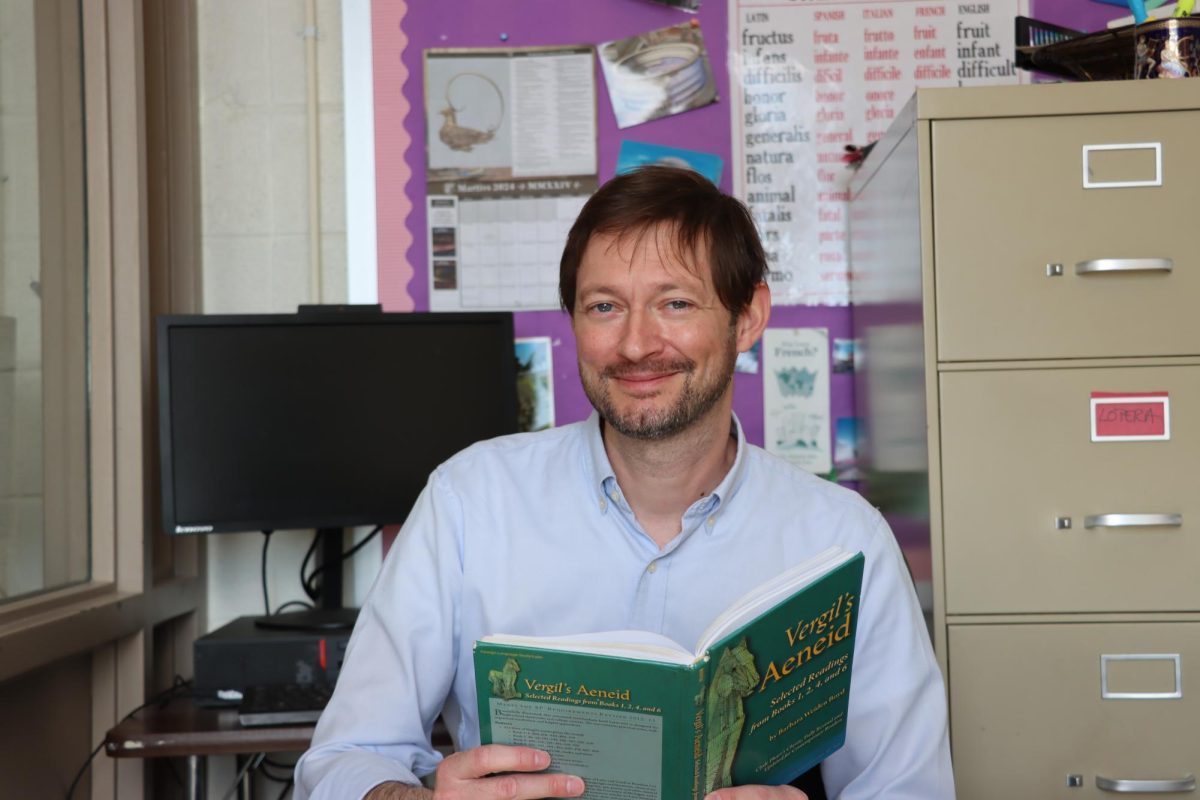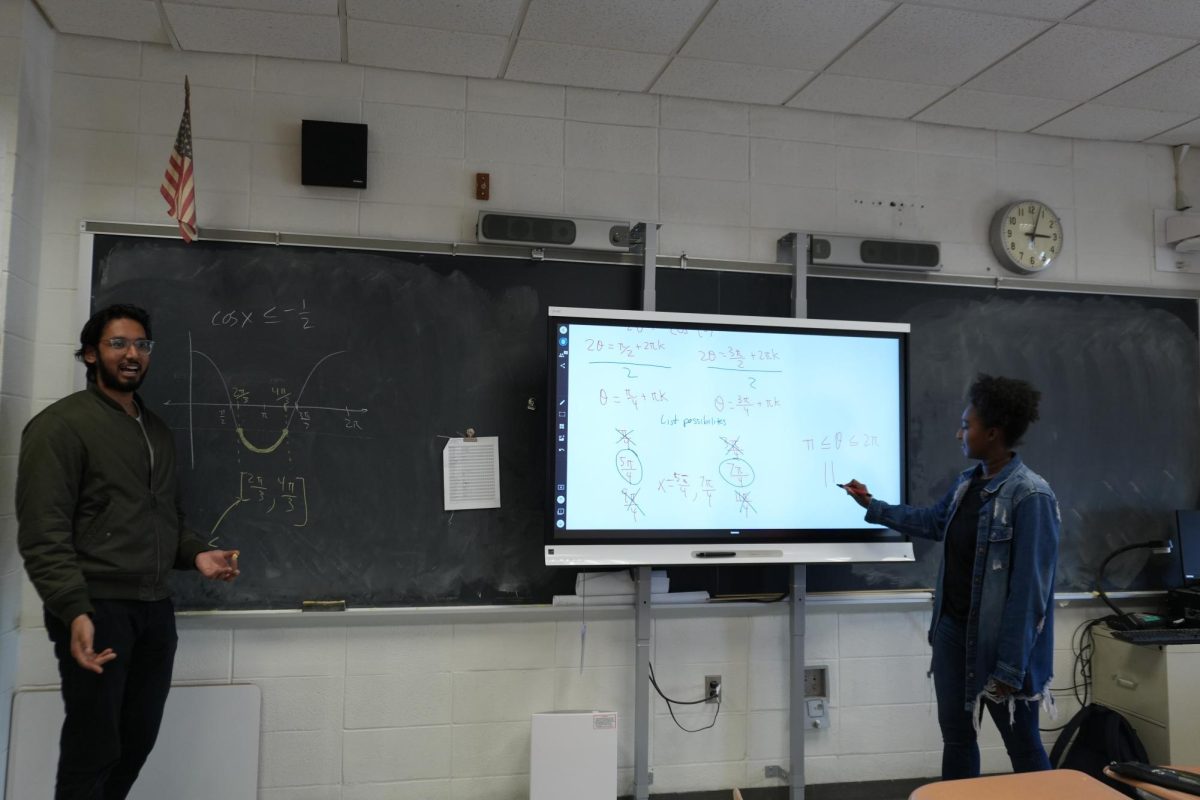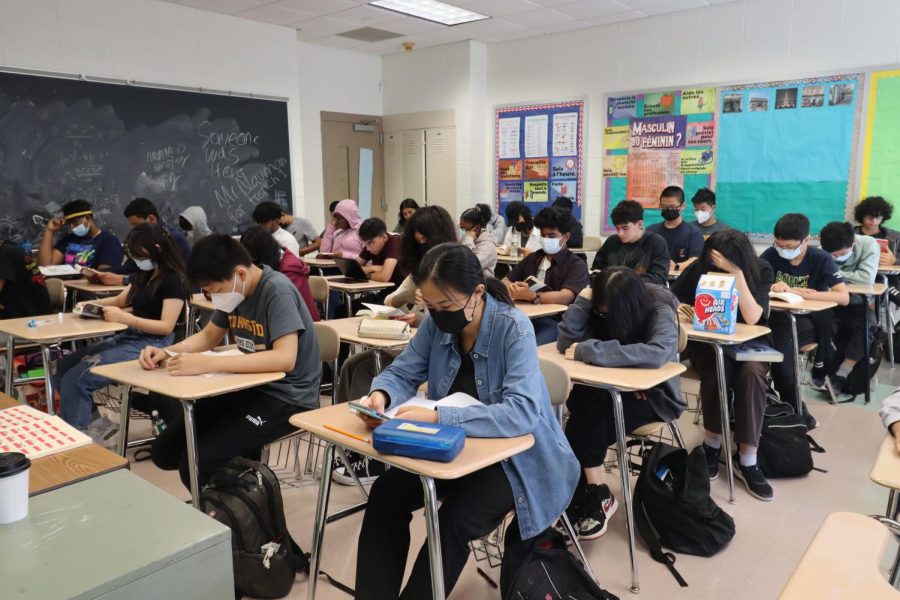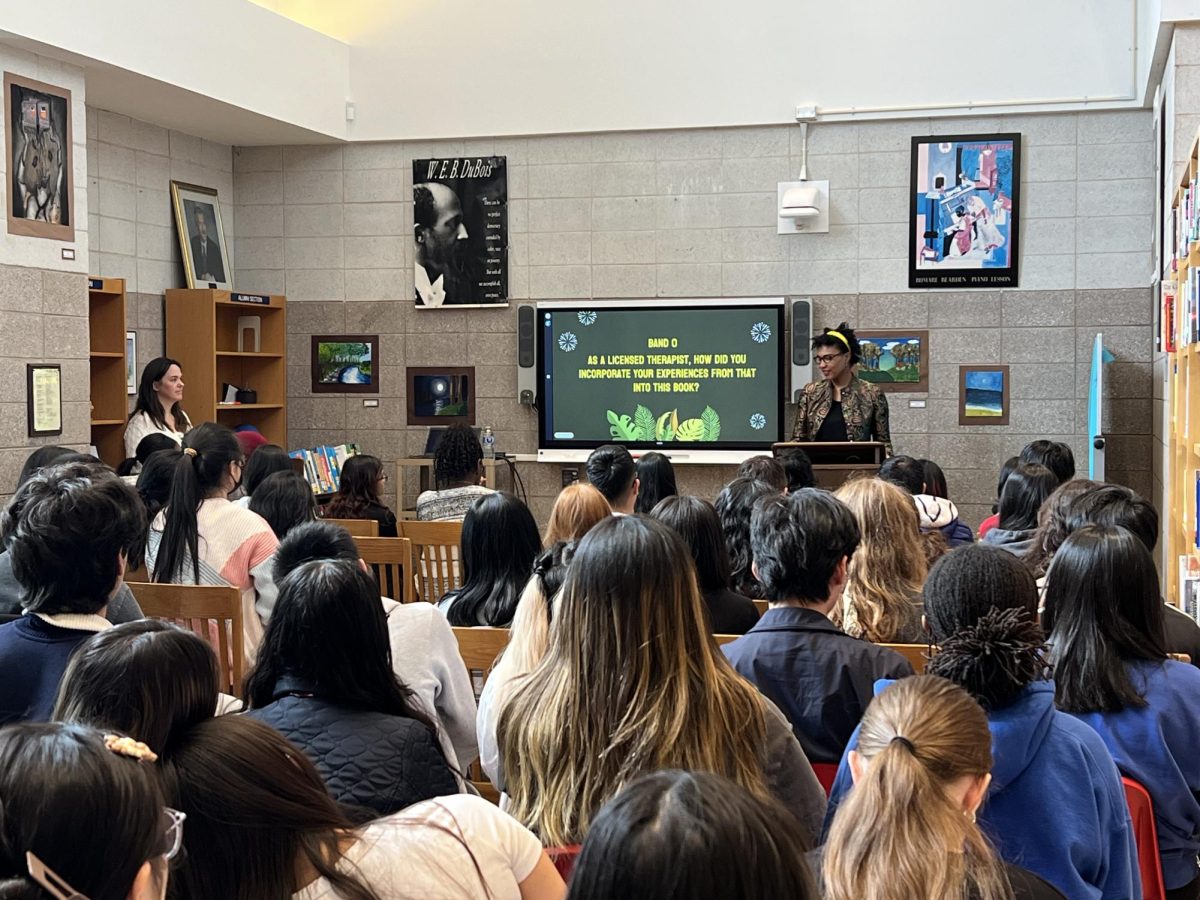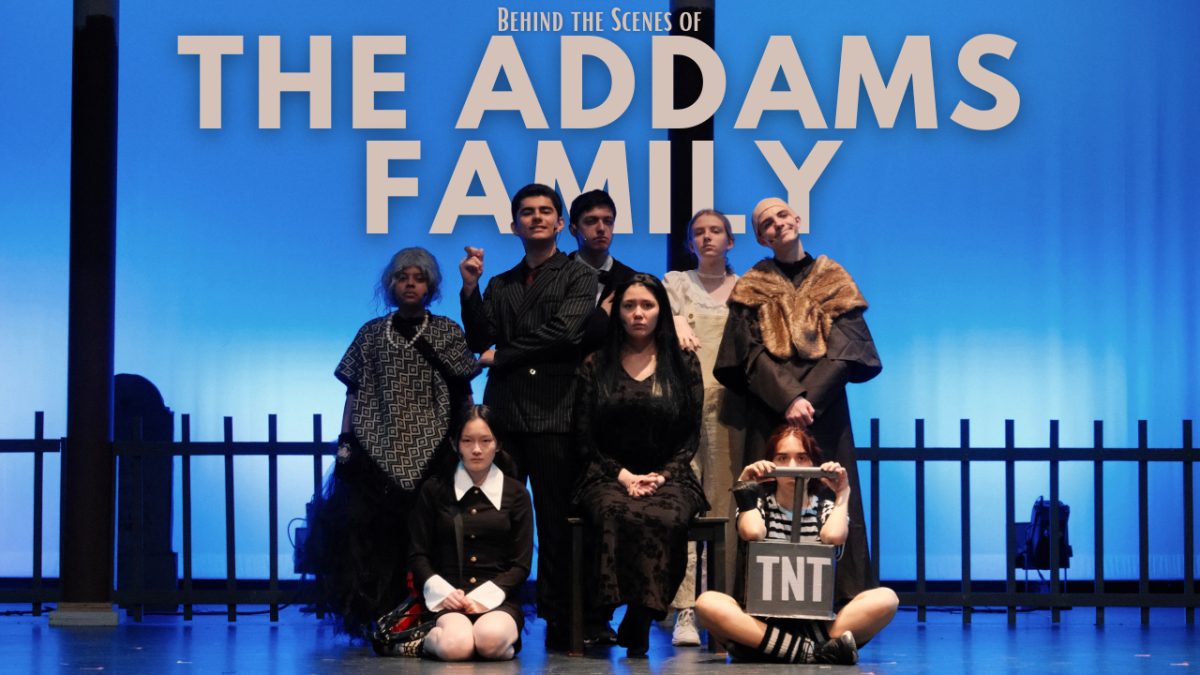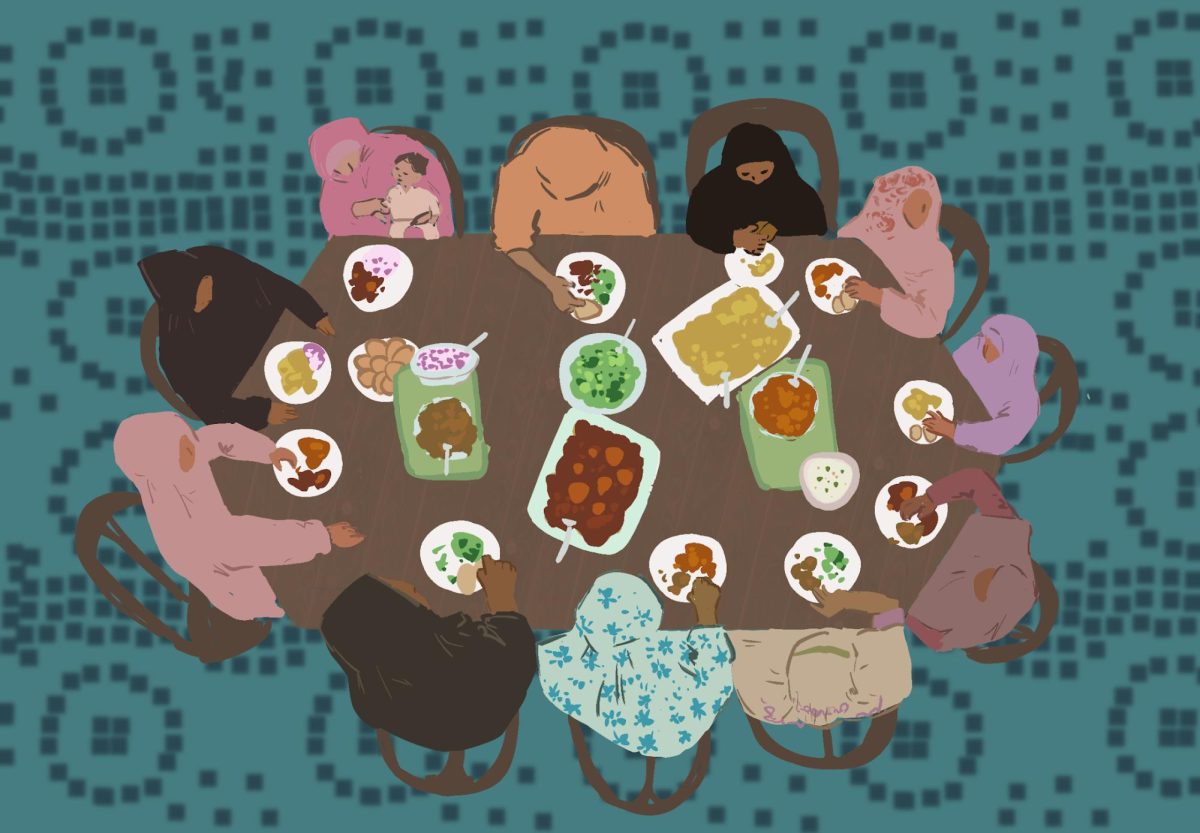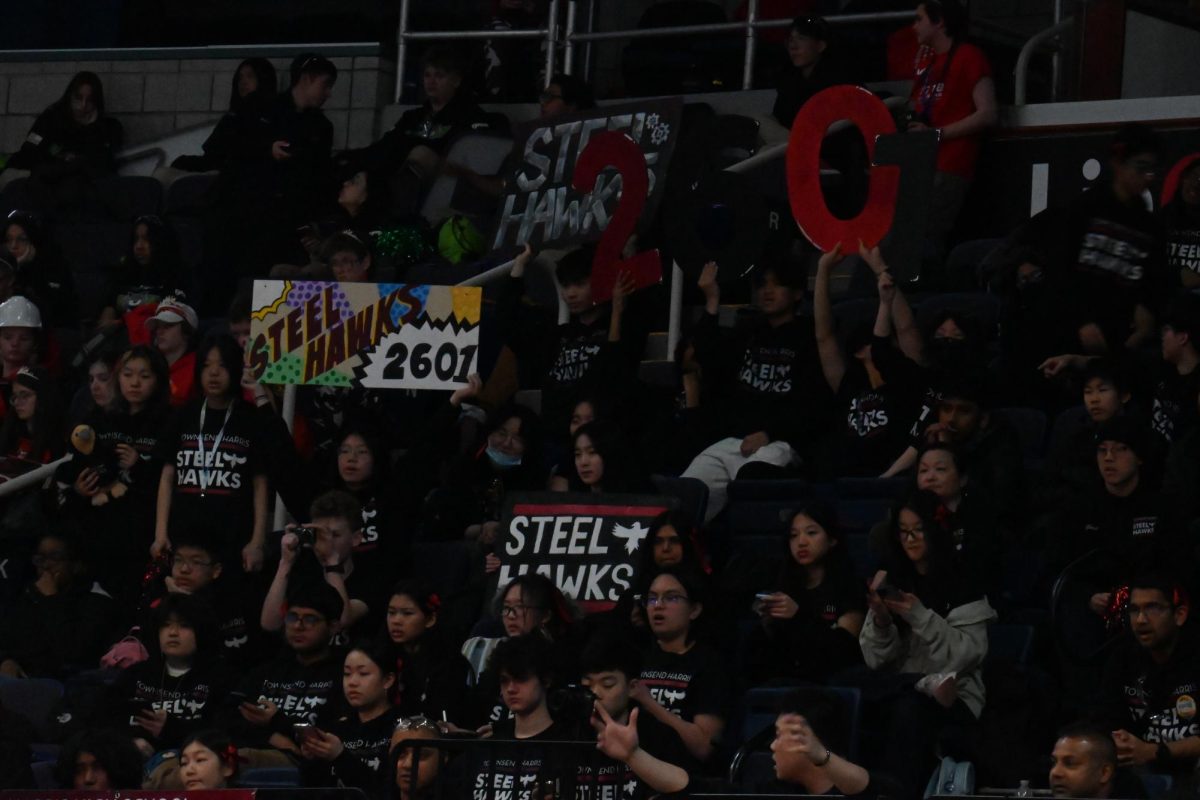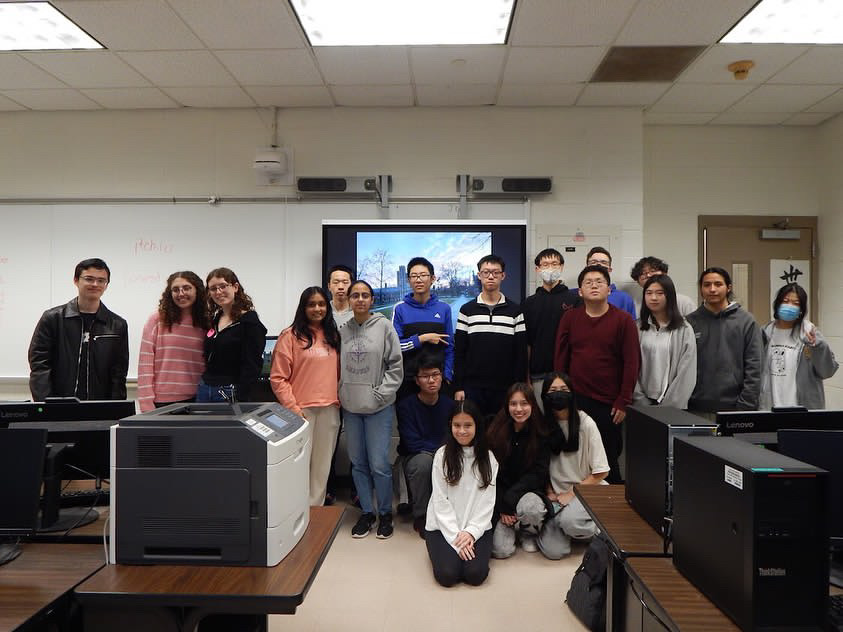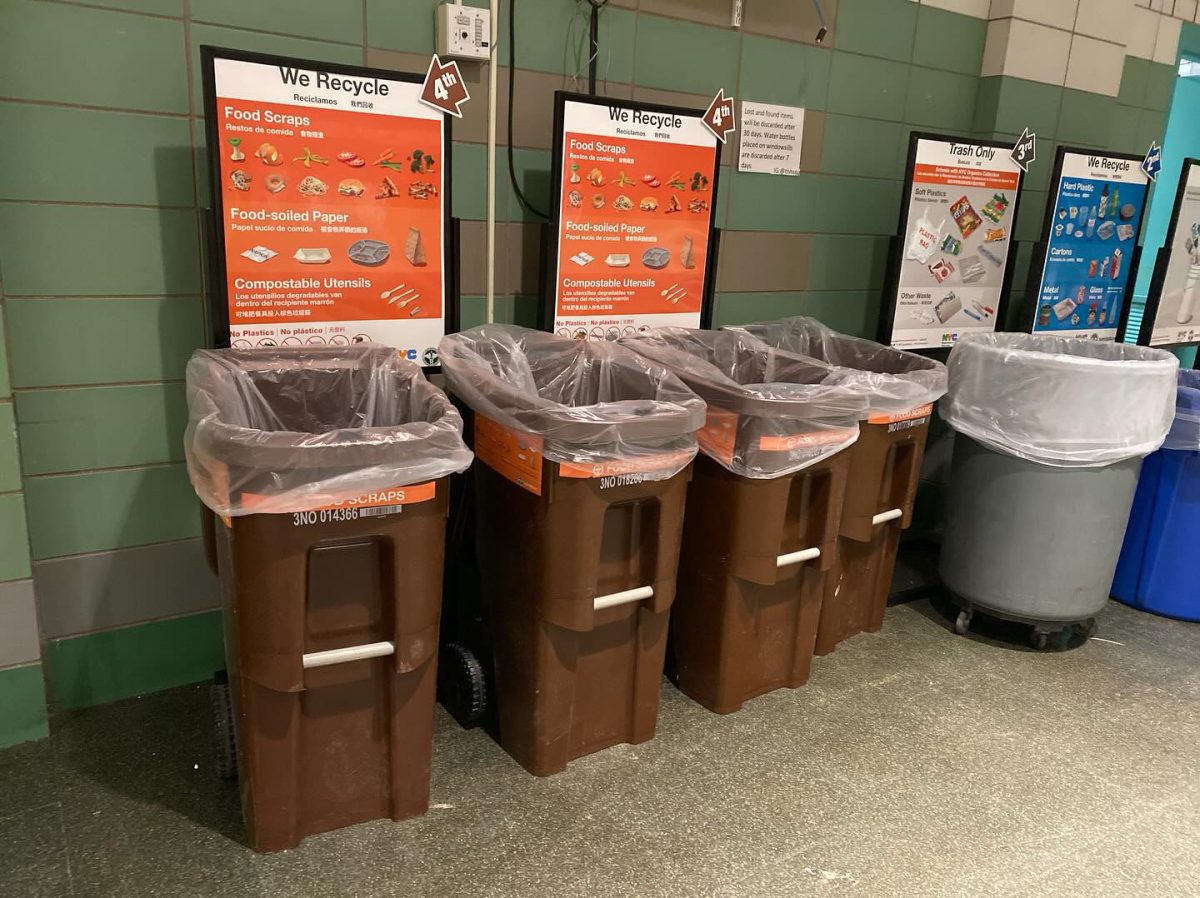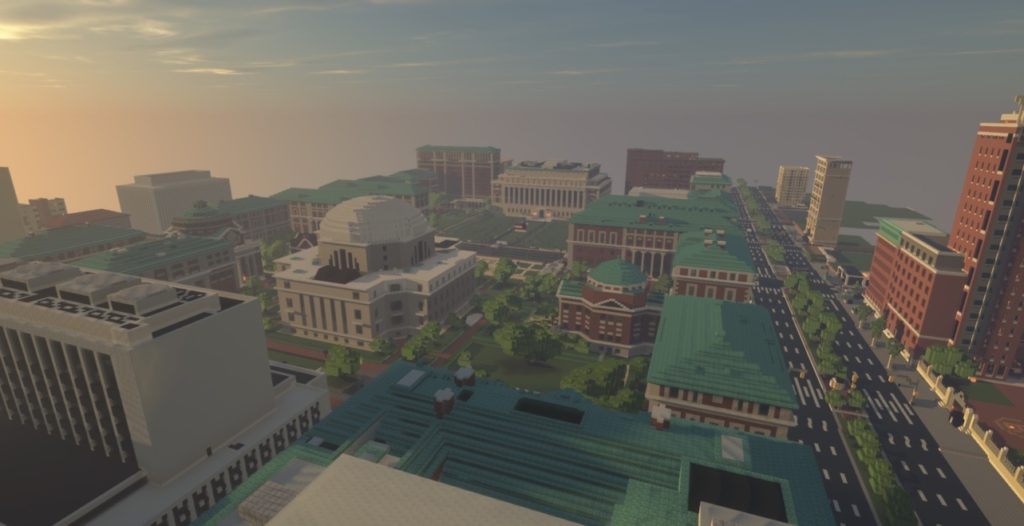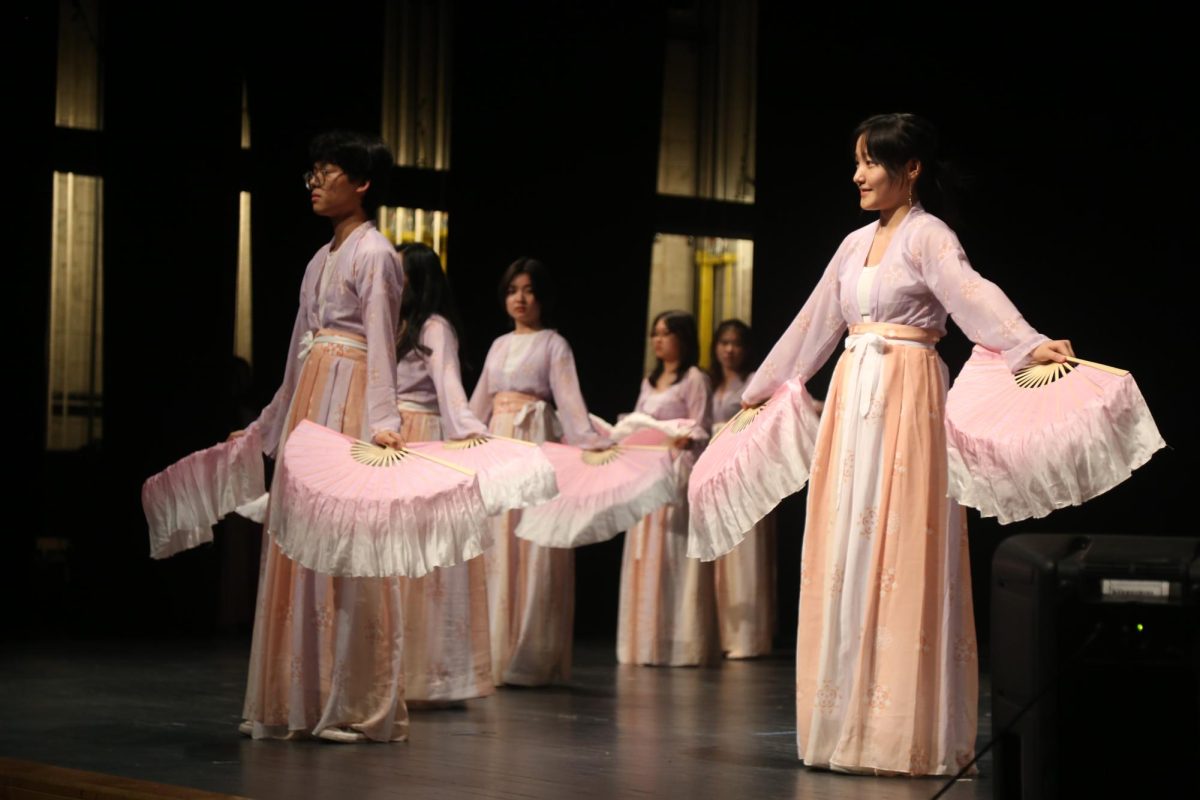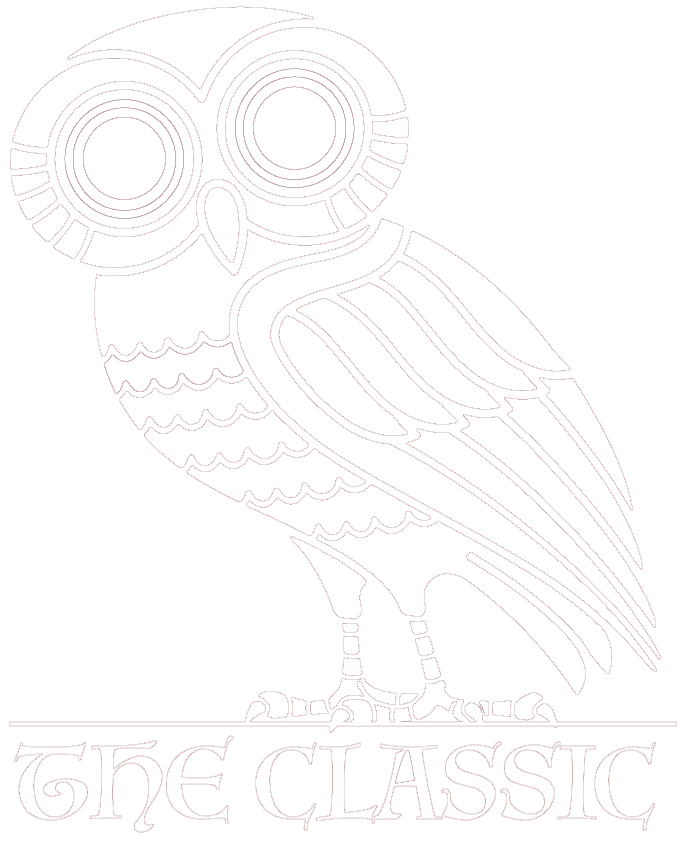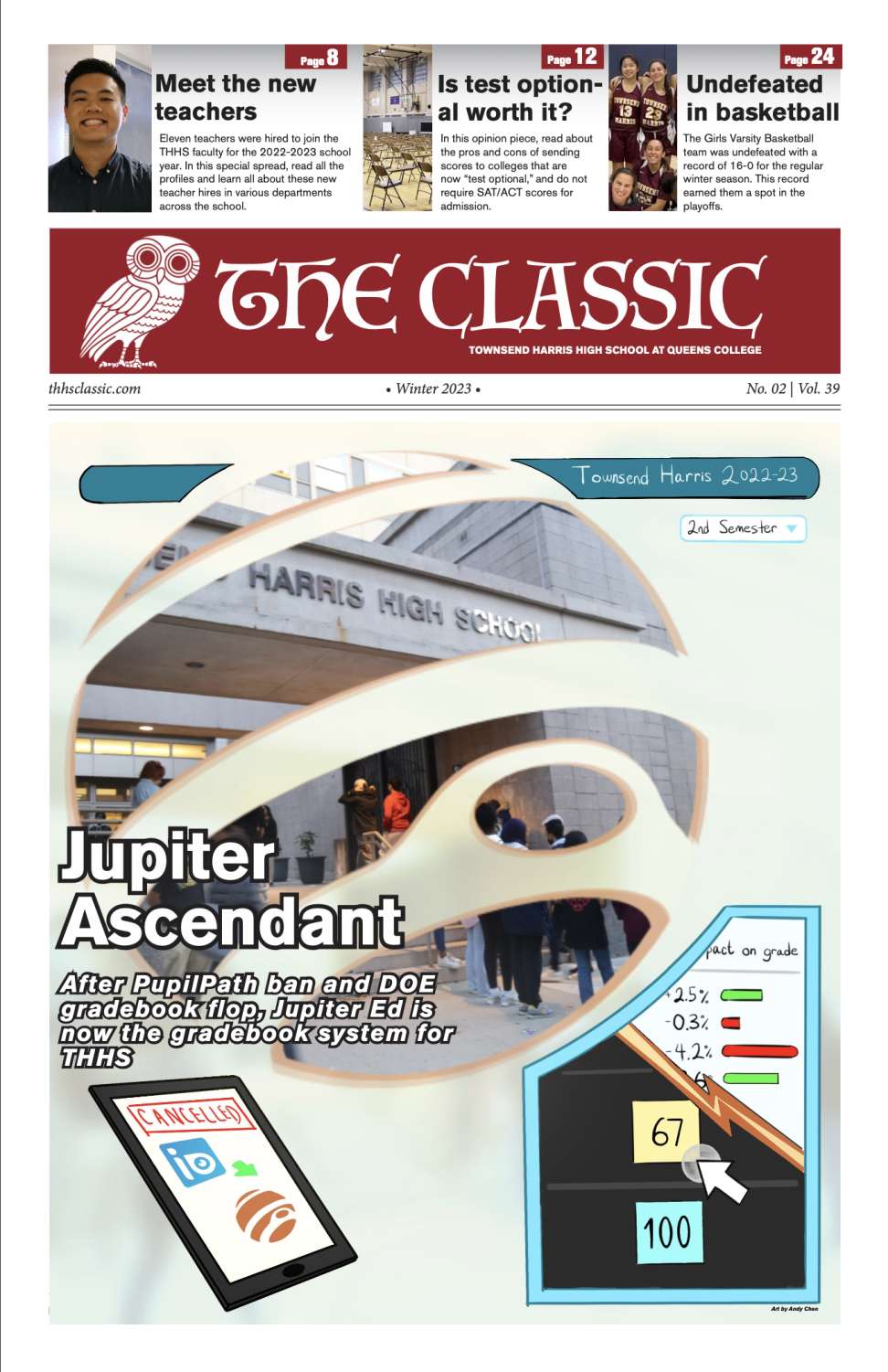
As schools and colleges were forced to reconsider social interaction when COVID-19 hit the United States, many devised ways to maintain their friendships virtually from the comfort of their own homes. Among those solutions is utilizing Minecraft servers to recreate schools, colleges, and universities around the world, including Columbia University’s Lioncraft server, a full-size replica of the Columbia/Barnard campus in Minecraft.
Led by Professor Lydia Chilton, Lioncraft is not just an ordinary Minecraft server build; it’s also where the community can reminisce about their lives on the campus and make new memories along the way. Evan Tilley, founder and lead developer of Lioncraft, has shared the behind-the-scenes development of Lioncraft and the positive impact that the server has had on the Columbia community with The Classic:
What inspired you and other fellow Columbia students to create the Lioncraft server?
We were inspired to create the LionCraft server during Professor Chilton’s Virtual Campus Design Challenge, which was held shortly after Columbia announced it would be going virtual for the remainder of the Spring 2020 semester. The goal of the challenge was to help connect Columbia students during such a strange time, and we figured what better way to do so than to recreate all the aspects of campus that students love so much. We took the phrase “Virtual Campus” quite literally!
What building techniques did the building team use in the construction of the Columbia/Barnard campuses?
Not having access to the actual campus at the time of building definitely did present itself as a challenge, but we used several tools to overcome this. For the initial exterior build/outlines we used Google Earth to help map out the campus and to build to scale (1 m in Google Earth = 1 block in Minecraft). We also used WorldEdit to speed things up. However, what makes LionCraft so unique is the attention to detail on campus, from everything to the interiors of frat houses to the detailed halal cart builds. These details which are scattered throughout LionCraft can be attributed to the fact that we let all Columbia students and staff build after the initial campus exteriors had been completed. We figured who better knows campus than those that have experienced it for years? Plus, this allowed for details in places we’d never have thought of. For instance, I remember an admissions officer logging on and recreating her office. Students were also able to remember small specifics of their dorms that were appreciated by those who had lived there before.
How did students socially interact within the virtual model of Columbia/Barnard campuses in Minecraft?
The various interactions between students on LionCraft really helped make the server come alive. In particular, a large effort was made towards giving prospective students tours of the virtual campus. It got to the point where we had actual Columbia tour guides logging on to give prospective students tours. You can check out a video of that here. LionCraft also acted as a platform for students to connect with each other, which was especially useful at the beginning of the pandemic as students were looking for ways to reconnect with [the] campus, which included talking to their classmates.
We also made an effort to organize several events to bring members of the community together. For instance, we held Zoom calls and had separate ceremonies for the unveiling of both the Columbia and Barnard campuses, which was fun. In addition, we held several rounds of The Hunger Games, each better than the last. Imagine almost 50 people fighting in a virtual recreation of your school’s library – definitely a unique and enjoyable event.
What do you think contributed to the comeback of Minecraft within the past few months?
I think a combination of factors has contributed to the comeback of Minecraft within the past few months, the most obvious being that, due to the pandemic, individuals are spending longer amounts of time in front of a screen and perhaps looking for new forms of entertainment, like Minecraft. However, I also think Microsoft deserves a lot of credit for realizing that now is an ideal time to keep providing users with new content. They have been consistently providing new updates, which helps keep a fresh user base and maintain the popularity of the game. This is in contrast to a company like Niantic, which failed to keep updating Pokemon Go when it initially surged in popularity.
What do you envision about the future of Minecraft in terms of social interaction?
I think that Minecraft provides a good example of what is possible when humans work together to build something great. As the pandemic continues, I’ve grown to appreciate the many possibilities that Minecraft provides. Whether you’re looking to spend a day playing games on a server with friends or create something to help your community, Minecraft acts as a medium to do just that.
____________________________________________________________________________
Evan Tilley is currently a junior at the Columbia School of Engineering, majoring in computer programming and mobile/web development, and is the founder/lead developer of Lioncraft.
Lydia Chilton is a Professor of Computer Science at Columbia University, and is the advisor for Lioncraft. She received her Master’s in Engineering in 2009 and her SB in 2007 from MIT, receiving her PhD from the University of Washington in 2015. Joining the Columbia School of Engineering in 2017, she has been a mentor at Design at Columbia, a web design program that is hosted over the summer.
Source: Columbia
Please note that the original interviewee, Professor Lydia Chilton, elected to defer to Evan Tilley to answer the interview questions.
Link to Lioncraft website:
Photo courtesy of Evan Tilley and Lioncraft

